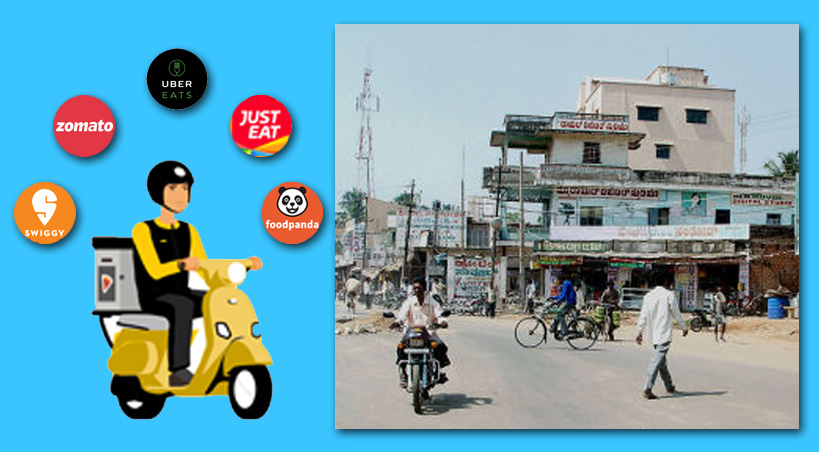With Booming Streaming Platforms Future Of Cinema Halls Is Uncertain

A Bollywood film starring Indian legend Amitabh Bachchan, Gulabo Sitabo, was supposed to draw millions to cinema halls this spring. Instead, the crowd-pleasing Hindi satire debuted on Amazon.com Inc.’s Prime streaming service as the coronavirus kept Indians home.
A booming sport that’s postponed games because of the coronavirus, Disney is adding blockbusters to a platform that had in the past relied on cricket as its biggest draw,
Other Indian blockbusters have followed, pouring into online platforms like Netflix Inc. and Walt Disney Co.’s Disney+ Hotstar. That’s won the streaming services first rights to play films usually watched in the large movie theaters popular in this nation of 1.3 billion people. Netflix says it has added six new Indian films that would otherwise have gone to cinemas, while Disney has at least seven such movies on tap.
India’s cinema industry isn’t planning to start lowering its curtains for good as the online onslaught has widened. A survey by researcher Ormax Media showed 82% missed going to theaters a lot during the lockdown.
A boom for streaming platforms is proved due to pandemic not only in India but in most other countries as well. To attract viewers from theaters, the biggest platforms spent billions to build up online film libraries. India’s lockdown and stay-at-home restrictions have been one of the world’s most severe, halting visits to restaurants and shopping malls and forcing citizens to turn to online entertainment.
India makes more films and sells more tickets than any other worldwide, making it one of the biggest potential prizes for streaming platforms owned by Netflix, Disney, and Amazon.
“There is a school of thought that cinemas are anachronistic and as entertainment gets more individual and sachet-sized, they will fade,” told Utkarsh Sinha, managing director of Bexley Advisors, a boutique investment bank focused on early-stage deals in tech and media. “If that school of thought is right, this pandemic could certainly be the point of inflection.”
In India, the growth of subscriptions is not much offered in detail by the international firms, but their challenge will be to hold onto new users once big cinema halls reopen. Bollywood films, which often include flashy song-and-dance numbers tend to be produced for the big screen.
Netflix’s Chief Executive Officer Reed Hastings said during a visit to the country in December that Netflix intends to spend 30 billion rupees over 2019 and 2020 to produce more local content. So far, global platforms have committed to investing billions into building local content, while keeping India prices low to amass viewers.
Sinha of Bexley said once the pandemic passes and theaters reopen fully, there will be a surge in cinema attendance bolstered by releases that chose to wait, rather than debuting on streaming platforms. Cinema operators themselves are expressing confidence that filmmakers will still prefer to debut on a big screen.
“We have got a lot of assurance from our producer friends that they all believe in the power of a theatrical exhibition,” Alok Tandon, chief executive officer of Indian theater operator Inox Leisure Ltd., told investors on a conference call last month.



